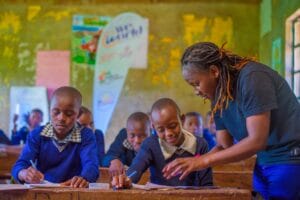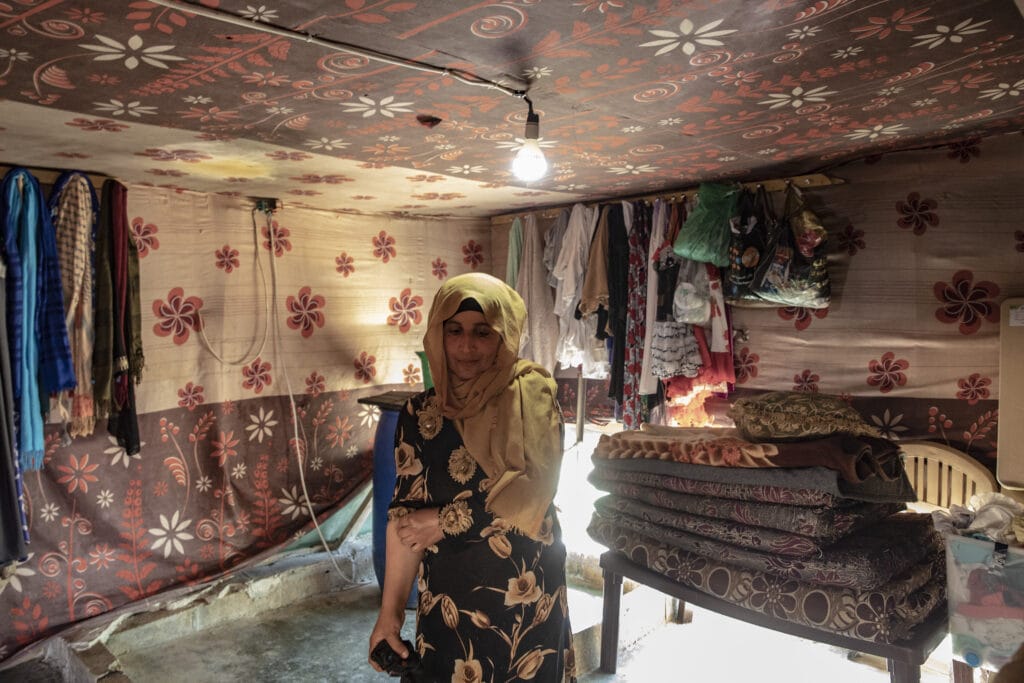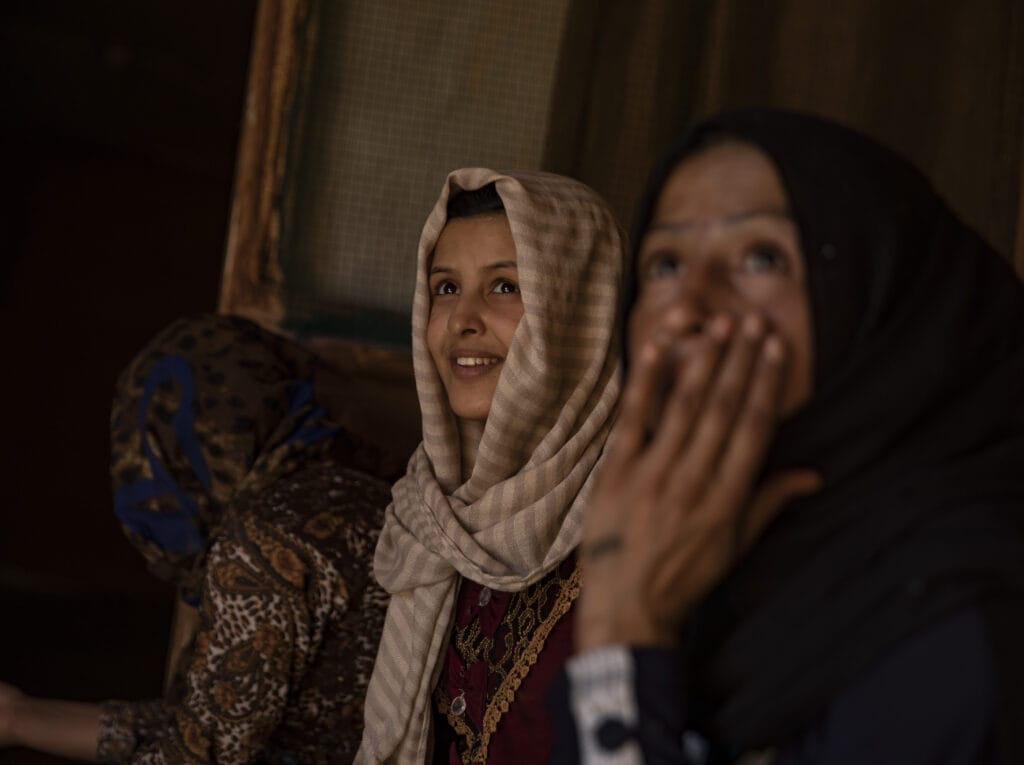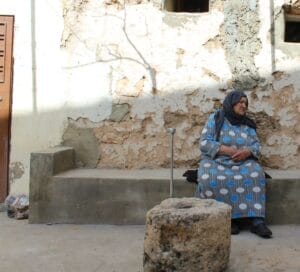
Stuck in Time - The condition of women and girls in informal camps in Lebanon
When the war broke out, my parents said it would be over soon, they said that there was no need to be afraid. When I arrived here in Lebanon they said the same thing, but it wasn't’ true: I have been here for 8 years." Abir, 18, Lebanon
More than 6,7 million people have fled Syria since the conflict started. Of these, 1,5 million – mostly women and children - are displaced in Lebanon.
On 15th March 2021, it will be 10 years since the beginning of the conflict in Syria. During this time, Abir and many other women like her have never stopped fleeing the conflict. They sought refuge in Lebanon, under conditions that are not always adequate and able to offer them a decent and dignified life beyond the emergency.
These are their stories, stories of resilience and hope that we want to shine a light on to lend a voice and a face to those who have been left behind with nothing.
Stories that we will also tell at the WeWorld Festival, from 21st to 30th May at BASE in Milan, with the photographic exhibition "Stuck in Time", featuring the photographs of Francesca Volpi who, along with us, visited the informal camps in Lebanon where we have been working since 2012.
** The exhibition will take place with the patronage of the Municipality of Milan and the high patronage of the European Parliament. **
- 500 thousands victims since the conflict started
- 6.2 mln internally displaced people in Syria
- 80 % people living in poverty
Their stories
Abir
Nafla

“The most valuable thing I brought with me from Syria is my university degree. Thanks to that certificate I can now work here as a volunteer. Anyone who knows me, also knows that I am a strong woman.
I have always been ambitious. I began teaching when my oldest son was just 40 days old, I picked him up and went out to teach. When I was pregnant with my second child, I took my first child to work with me. At the start of the Syrian crisis, it got difficult to go into town to collect my wages, so I worked for a whole year without getting paid.
It saddens me that my children don’t go to school. I try my best to give them a basic education at home, but they can’t reach the levels they would at school.
There are many children who don’t go to school in this camp, but not all of the women think like me. They are focussed on coping with the life they are living now. Some teenagers here can’t read or write but they adapt to the situation and don’t complain. But, because I was a teacher, I think that my children should have access to education. Not going to school compromises their future."
The situation of Syrian refugees in Lebanon
With a population of barely 7 million people, Lebanon is the country with the highest concentration per capita of refugees in the world. The country is witnessing a deep social, political and economic crisis.
As a result, the country’s infrastructure and public services, which were already under-performing, have suffered heavily from such intense pressure. To make matters worse, Lebanon is currently facing an unprecedented situation of its own; since mid-October 2019, multiple crises have compounded and have become completely unmanageable. The COVID-19 outbreak is further contributing to the economic recession, placing additional pressure on already difficult living conditions. This has been exacerbated by the dreadful explosions that hit Beirut on 4th August 2020.
The Lebanese Government has refused to allow the establishment of official refugee camps with permanent structures. As a consequence, most of the Syrians refugees live in sub-standard facilities in cities and villages.
The others, 21% in 2020, live in tents in informal settlements on private lands in which it’s prohibited to have any permanent structures or equipment. According to estimated data in 2019, around 75,500 adult women and 167,000 children are living in informal settlements in Lebanon.
Here, they often face a lack of access to basic services and goods whilst living on a basic subsistence level, in facilities and areas that should have been temporary, but which have become by all means permanent.
WeWorld-GVC in Lebanon
We have been working in Lebanon since 2006, supporting Syrian refugees, hosting communities and Lebanese institutions.
Our projects and activities aim to protect and guarantee the rights of the most vulnerable, create an inclusive society and ensure access to basic rights, education and housing, as well as water, sanitation and hygiene (WASH) services.
Since 2012, we have been working to address the needs of Syrian refugees in informal tented settlements (ITSs) in Lebanon, focusing our intervention on:
Protection (through an innovative methodology: the Community Protection Approach, CPA), thanks to the ECHO-funded Lebanon Protection Consortium;
WASH (Water & Sanitation);
Shelter and Basic assistance, such as the supply of mattresses, blankets, kitchen sets and non-permanent floorings systems.
WeWorld-GVC in Syria
The Syrian conflict has claimed over 500,000 lives since 2011 and has had a devastating effect on the country's economy, with 80% of the population living in poverty and an unemployment rate of 50%. More than 6,2 million people are internally displaced, facing war, lack of jobs and money.
The presence of WeWorld-GVC in Syria dates back to 2011. Main areas of intervention are: Education, Protection, WASH and Emergency Response (including Covid-19 response). This is coupled with awareness campaigns and training sessions ranging from Risk Education on Improvised Explosive Devices, Unexploded Ordnance and Mines to awareness campaigns to sensitize communities on the risks related to early marriage, with activities targeting at least 515,000 beneficiaries in Aleppo and Deir-Ez-Zor.



